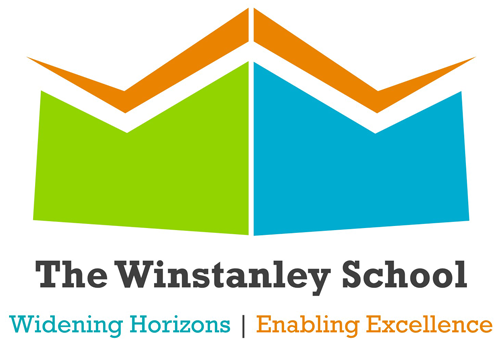Key Stage 3
The music department is committed to providing opportunities for all students to participate in music making during curriculum lessons and extra-curricular activities. During their studies, students will learn how to perform, compose and appraise different types of music.
We work with a range of outside agencies that support us in providing a breadth of opportunity, sometimes within the school day and sometimes outside of the school day. Equipment in the music department is parallel to equipment used in the music industry to ensure there is a skilled vocational link to their studies.
All students are supported in developing their SHINE values through a range of practical activities, for example: supporting others in group work and in performance, challenging themselves in completing work they consider more demanding, independently handling equipment and organisational skills, having the resilience to practice, and showing excellence in their work ethic.
Students are taught in mixed ability tutor groups at key stage 3, and class work is differentiated to support the range of ability in the class. Classwork is assessed every 6 lessons and at the end of topics.
Key Stage 4
The music department is committed to providing opportunities for all students to participate in music making during curriculum lessons and extra-curricular activities. GCSE students are encouraged to attend extracurricular activities, take up peripatetic lessons with their instrument specialist, and perform at school events.
During the GCSE course, students will refine their skills in performance, composition and in appraising different types of music. Students are expected to specialise in an instrument that they will develop their skills in during the course. The expected standard for GCSE music is grade 3 practical exam (ABRSM, TCL, RSL). They will learn about the elements of music through a series of practical workshops in performance and composition.
All coursework is due in Year 11 by February half term, after which a series of compulsory intervention sessions for individual students runs over a 6-week period. Coursework marks are returned to students directly after the Easter break, where they have the opportunity to appeal marking before final marks are submitted to the exam board.
Exam preparation takes place throughout the GCSE course, and students are given progress targets to ensure they are on-track. Exam preparation becomes more explicit in Year 11, particularly after coursework is submitted.
